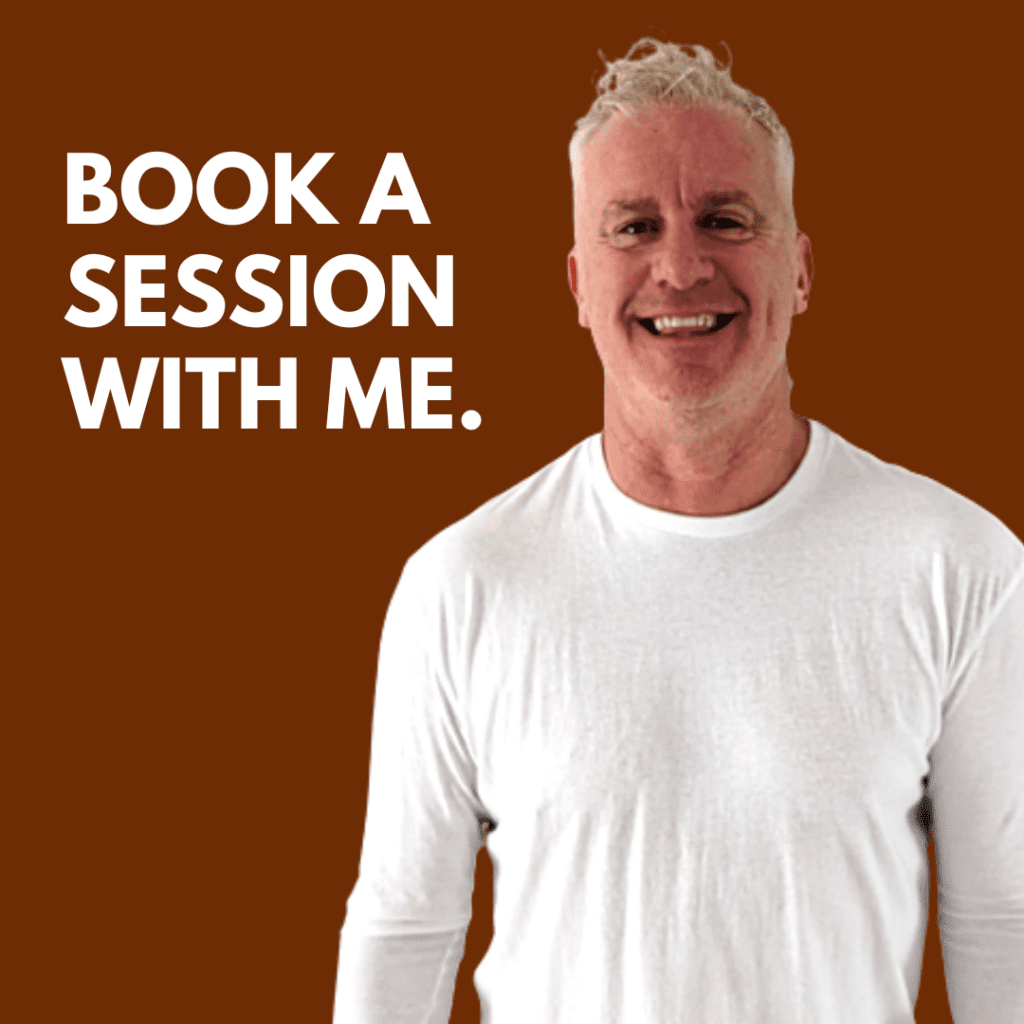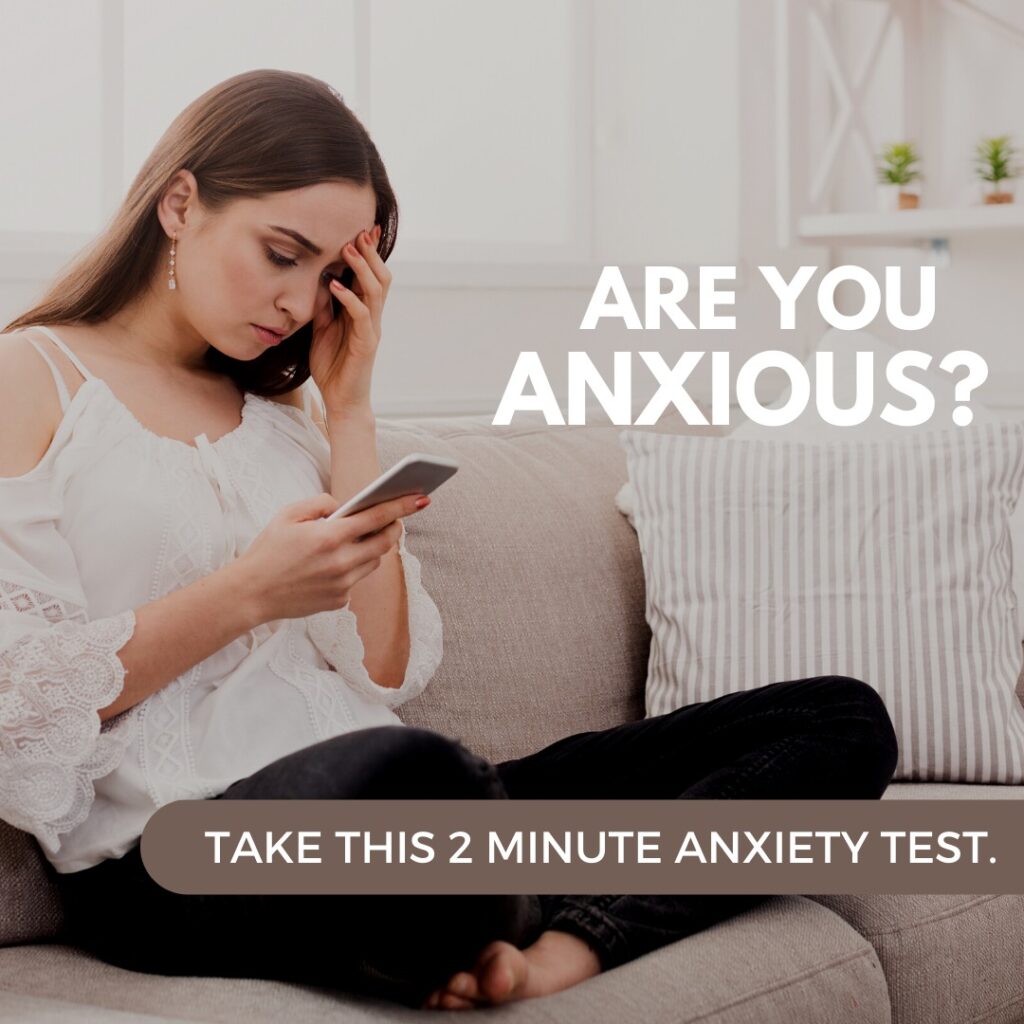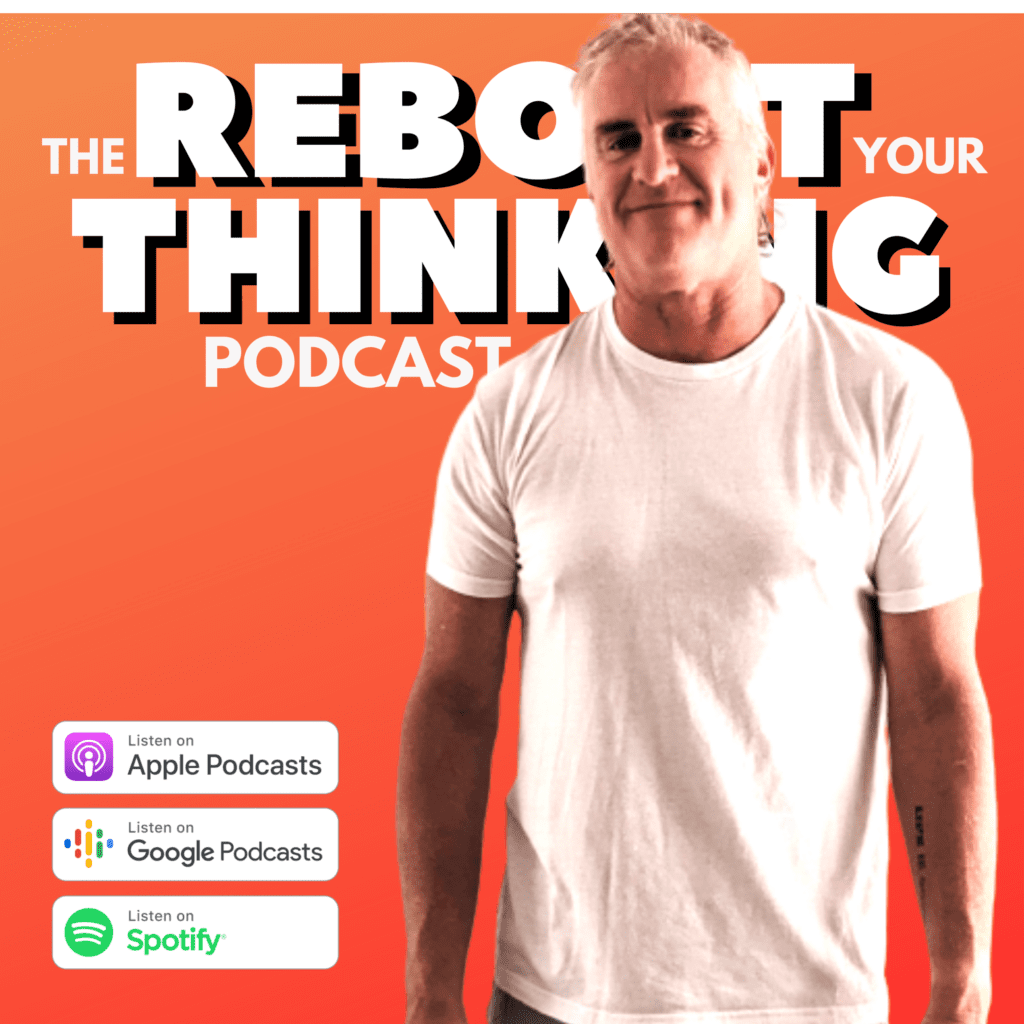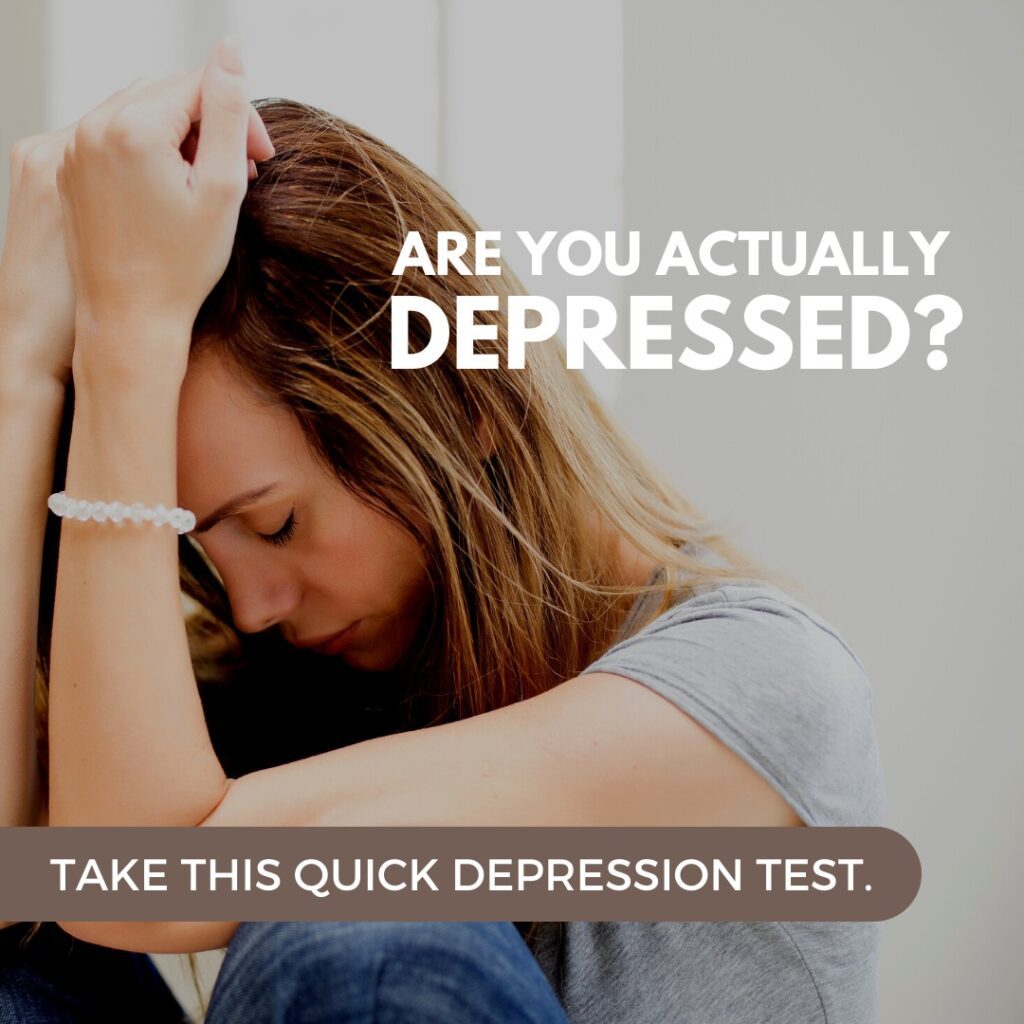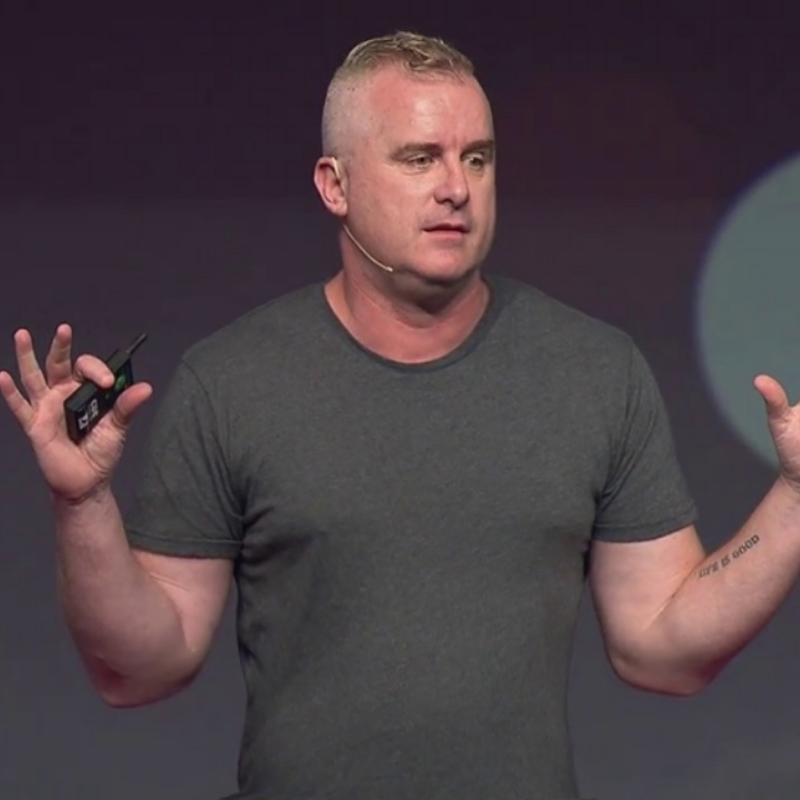In today’s fast-paced world, it’s easy to forget the importance of movement and exercise for our mental health and well-being.
In this blog post, I will explore the power of movement and its impact on mental health and the science behind the mind-body connection and how different types of exercise can benefit our mental well-being.
I will also share 10 practical tips to help you incorporate exercise into your life and improve your mental health.
The Science Behind Movement and Mental Health
The link between physical activity and mental well-being has been well-established.
Exercise releases endorphins, natural chemicals in the brain that promote feelings of happiness and reduce pain.
Engaging in different types of exercise can have varying impacts on mental health, with cardiovascular activities helping to alleviate symptoms of depression and anxiety, while resistance training can boost self-esteem and provide a sense of accomplishment.
Finding the right exercise routine that suits an individual’s mental health needs is crucial, and it’s important to approach it with an open mind.
The Benefits of Incorporating Movement
Incorporating movement into our daily lives can be challenging, but the potential benefits for mental health are significant.
Simple actions like parking further away from the store or taking the stairs instead of the elevator can help create a stronger mind-body connection.
Exercise has a protective effect on the brain, possibly protecting against cognitive decline and neurodegenerative diseases.
It can also be as effective as medication for treating depression and can aid addiction recovery by providing healthy coping mechanisms.
Additionally, exercise can improve sleep quality, executive function, reduce inflammation, and improve body image.
Exercising with Others
Research has shown that engaging in physical activity with others, even virtually, is linked to greater mental health benefits.
Regular exercise with others can lead to better mental health outcomes, including lower levels of anxiety, depression, and stress.
To maximise these benefits, consider joining a fitness class, group training session, or team sport.
10 Tips for Incorporating Exercise and Improving Mental Health
1. Start small
Begin with a few minutes of physical activity each day, and gradually increase your time and intensity.
2. Find something you enjoy.
Choose an activity that you enjoy and make it a regular part of your routine.
3. Set goals
Establish small, realistic, and measurable goals to stay motivated and track your progress.
4. Use technology
Use apps and fitness trackers to monitor your progress and stay on track.
5. Make it social
Exercising with others can help you stay motivated, build social connections, and reduce stress.
6. Incorporate movement throughout the day
Take the stairs, go for a walk during your lunch break, or do some stretching exercises at your desk.
7. Practice mindfulness
Incorporate mindfulness techniques like deep breathing and meditation into your exercise routine to reduce stress and improve overall mental health.
8. Mix it up
Try new activities and change environments to prevent boredom and quitting.
9. Be patient and kind to yourself
Set realistic goals, track progress, and celebrate successes.
10. Seek help and support
Reach out to professionals or trusted support systems if needed.
Conclusion
Incorporating movement and exercise into our daily lives can have a significant impact on our mental health and well-being.
By understanding the science behind the mind-body connection and following the 10 tips shared in this post, you can create a sustainable routine that supports your mental health.
Remember to seek help and support when needed, and let’s keep moving for better. mental health!


